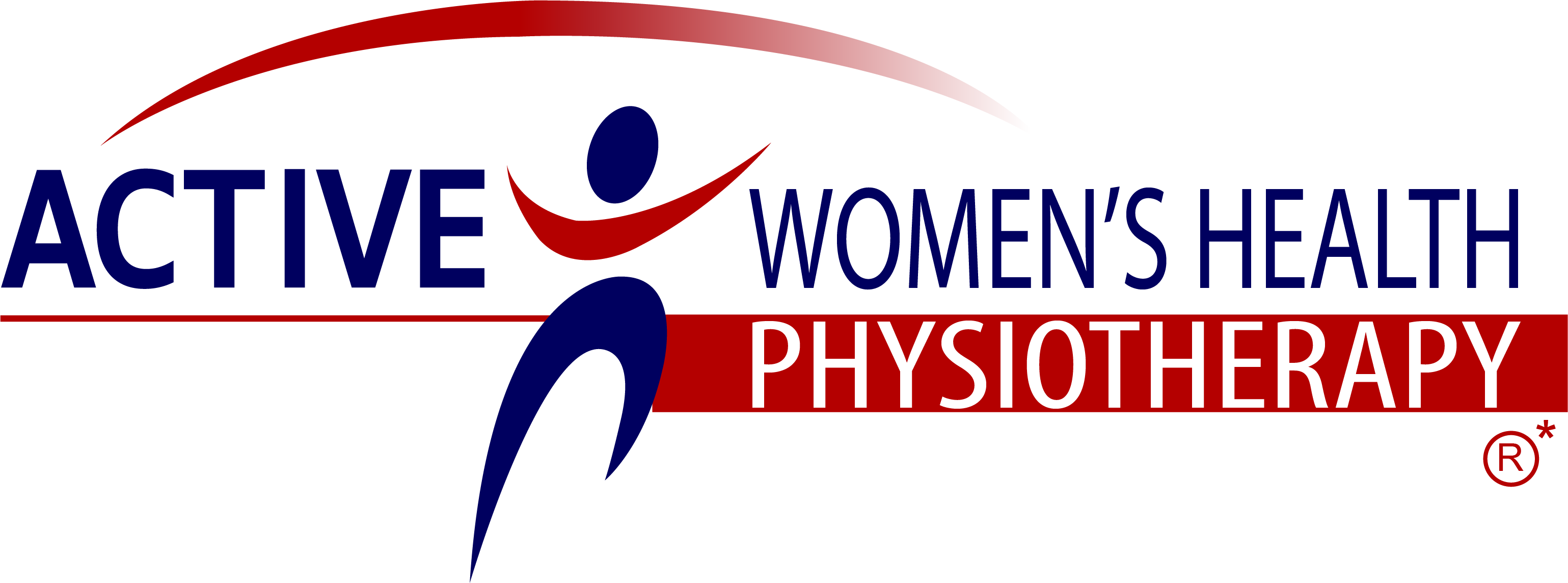
Exercise classes
We are continuing to offer on-line, physiotherapist-led, group video exercise classes. For classes, click on the Timetable above and sign in for a session or call reception to find out more about these. We can offer one-on-one (or a one-on-two, bring a friend or relative) gym and/ or Reformer sessions at the rooms, face-to-face.
One of the biggest sources of referrals to our practice is when women have developed some type of pelvic floor dysfunction (such as incontinence or prolapse) after joining a gym, undertaking a Pilates program or doing yoga. All of these types of exercise have excellent elements to them – and can be modified to incorporate ‘pelvic floor friendly‘ concepts.


Movement, exercise and physical fitness should be a part of our daily lives. Facilitating and empowering women to want to exercise their whole life is an important good-health goal of the pelvic health physiotherapists at our practice. By acknowledging this, we help to instil the value of new mums regaining their strength and fitness post-partum to cope with the rigors of managing a new baby and toddlers. We know there is also robust evidence that if women are strong throughout their life stages, there will be better health outcomes for good bone health, good mental health and good general health into old age.
Regular exercise has a profound effect on our muscles, joints, nervous system, heart health, balance, mental well-being and all-round happiness. Evidence is strong that physical inactivity is now identified as the fourth leading risk factor for global mortality and in older adults worldwide, around 3.2 million deaths per year are being attributed to inactivity. (World Health Organization: 2013 Diet and physical activity factsheet. 2014 Secondary diet and physical activity factsheet).
In fact, the UK’s Royal College of Physicians report, 2012 ‘Exercise for life: Physical activity in health and disease’ states: “There is evidence for the benefits of exercise in many forms of disease. It is effective, inexpensive, with a low side-effect profile and can have a positive environmental impact. Despite this, there remains a reluctance within the medical profession to use exercise as a treatment.” So, if the evidence is strong that it is important to move – what we must understand is that moving and exercising in a way that is friendly towards your pelvic floor, is fundamentally important.

Before Covid19 changed our lives forever, Sue offered fitness classes onsite at Hampstead Rd for the benefit of her patients. However, when we went into lockdown in 2020, we quickly pivoted to online exercise classes via Zoom. These have continued to this day because the patients love the convenience of doing the classes in their own lounge room and it is easier for continuity to stick with Online Classes due to the uncertain nature of the Covid lockdowns. This will be the situation until we are all vaccinated and Coronavirus is just a bad memory. We are definitely offering one-on-one and two-on-one sessions at the rooms if you want to come in to see the physiotherapists.


All classes are conducted by Pelvic Health physiotherapists and as such are pelvic floor friendly, while still being a good workout and helping you gain strength, coordination and balance. ‘Pelvic floor friendly exercising’ recognizes that not all pelvic floors are equal following vaginal births and if there are birth injuries such as levator avulsion, nerve damage or prolapse, exercise has to be individualized to each woman’s needs.
This means some exercises will be modified to minimize downward forces onto their pelvic floor and internal organs (bladder, uterus and rectum), which in certain situations, with certain exercises, can worsen prolapse and incontinence problems. Our classes and one-on-one sessions are also educational with the physiotherapist giving you pearls of wisdom about exercise and breath control, managing persistent pelvic pain and bolstering confidence about return to exercise despite significant birth changes.


Online zoom exercise classes
Please note that there is no active supervision of you doing the exercise class and you undertake these at your own risk. Our physiotherapists are available for short 15-minute Telehealth advice if you have questions about your classes. Alternatively book a One-on-One session at our gym at the rooms at Hampstead Road, Highgate Hill.

Pelvic Floor Friendly Exercise
Embracing pelvic floor friendly exercising is important following any gynaecological or colorectal repair surgery and even following a hysterectomy, when you may have increased susceptibility to prolapse occurring or damage to the repair surgery. It is important if you are working with a fitness instructor, to be aware of the impact of certain exercises for women following childbirth particularly. If you have suffered levator avulsion (where the pelvic floor muscles have been partially or completely disrupted from the pubic bones) you have an increased risk of prolapse occurring in the future, because of an increased genital hiatus. But that doesn’t mean you are unable to exercise for the rest of your life.
Strategies such as having a pessary fitted to give support while exercising, can in many cases allow you to continue with whatever it is you love to pursue. It is useful to have a one-on-one session with one of our pelvic health physiotherapists if you are unsure of what to do and not do and to gain confidence with your exercising before you return to exercise post-op. As a general rule, avoiding full sit-ups, double leg lifts and assessing the impact of lifting excessively heavy weights are some of the changes you may make post-op. Advice will be given in your consultation about any exercise programme you are undertaking, so bring lists of exercises or ask your treating physiotherapist to assess if what you are doing is causing any damage.
